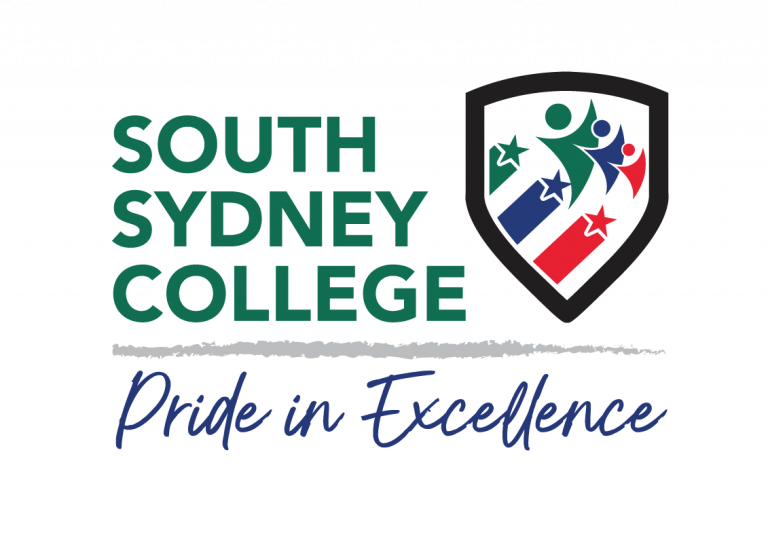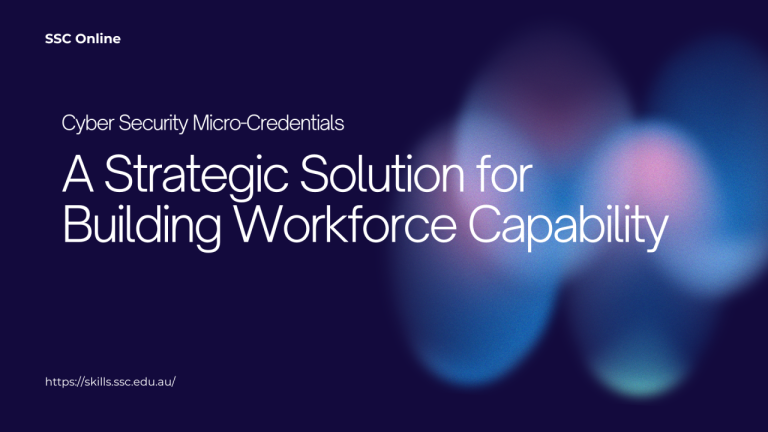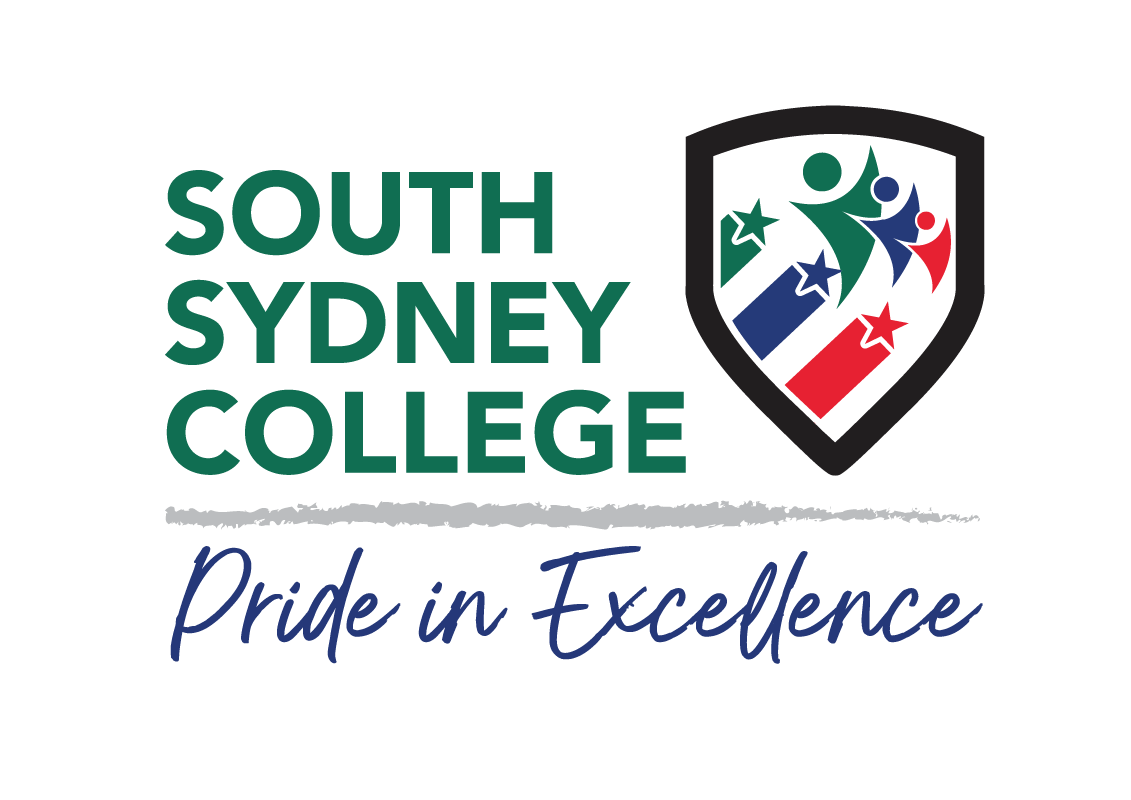Australia is a fantastic place to study civil engineering, offering a unique blend of high-quality education, a vibrant culture, and abundant opportunities for professional growth. Whether you are a local student or an international one, making the most of your time as a civil engineering student in Australia requires strategic planning, proactive engagement, and a willingness to embrace new experiences. Here are some tips to help you grow and succeed as a civil engineering student in Australia.
Choose the Right University and Program
Australia is home to several world-renowned universities that offer excellent civil engineering programs. Research and select a university that not only has a strong engineering faculty but also provides the specific courses and specializations you are interested in. Consider factors such as the university’s industry connections, research facilities, and campus life.
One of the Top Institution to study Advanced Diploma of Civil Construction Design in Australia is South Sydney College, Australia.
Engage in Practical Experience
Civil engineering is a highly practical field, and gaining hands-on experience is crucial. Look for internship opportunities, part-time jobs, and cooperative education programs that allow you to apply your theoretical knowledge in real-world scenarios. Many Australian universities have strong ties with industry, making it easier to find internships and work placements.
Tips for Finding Internships:
- Utilize your university’s career services and job boards.
- Attend career fairs and networking events.
- Reach out to companies directly and express your interest in internships.
Join Professional Organizations
Becoming a member of professional organizations such as Engineers Australia can provide numerous benefits. These organizations offer networking opportunities, access to industry events, professional development resources, and certification programs that can enhance your credentials.
Benefits of Joining Engineers Australia:
- Networking with industry professionals and peers.
- Access to exclusive job boards and career resources.
- Opportunities to attend conferences, workshops, and seminars.
- Eligibility for professional accreditation and certification.
Develop Strong Technical Skills
While theoretical knowledge is essential, practical technical skills are equally important in civil engineering. Invest time in learning and mastering software tools commonly used in the industry, such as AutoCAD, Revit, Civil 3D, and MATLAB. Many universities offer workshops and courses to help students become proficient in these tools.
Key Software for Civil Engineers:
- AutoCAD: For drafting and designing.
- Revit: For Building Information Modeling (BIM).
- Civil 3D: For civil engineering design and documentation.
- MATLAB: For mathematical modelling and analysis.
Focus on Soft Skills
In addition to technical skills, soft skills such as communication, teamwork, problem-solving, and project management are critical for success in civil engineering. Participate in group projects, extracurricular activities, and leadership roles to develop these skills.
Ways to Develop Soft Skills:
- Join student clubs and societies related to engineering.
- Take part in group projects and collaborative assignments.
- Volunteer for leadership positions in university organizations.
- Attend workshops and seminars on communication and leadership.
Stay Updated with Industry Trends
The field of civil engineering is constantly evolving with advancements in technology, materials, and methods. Stay informed about the latest trends and developments by reading industry publications, attending conferences, and participating in webinars.
Resources to Stay Updated:
- Engineering journals and magazines.
- Industry blogs and websites.
- Conferences and trade shows.
- Webinars and online courses.
Build a Strong Professional Network
Networking is essential for career growth in civil engineering. Connect with professors, classmates, industry professionals, and alumni. Attend industry events, seminars, and workshops to expand your network and learn from experienced professionals.
Networking Tips:
- Attend university-hosted networking events and career fairs.
- Join LinkedIn and connect with industry professionals.
- Participate in local engineering meetups and professional gatherings.
- Seek mentorship opportunities with experienced engineers.
Consider Further Education and Certification
Pursuing further education, such as a master’s degree or specialized certification, can enhance your knowledge and open up advanced career opportunities. Look for postgraduate programs that align with your career goals and interests.
- Master of Engineering (Civil)
- Master of Construction Management
- Master of Structural Engineering
- Certifications from professional bodies like Engineers Australia.
Embrace Diversity and Cultural Experiences
Australia is a multicultural country with a diverse student population. Embrace the opportunity to learn from different cultures and perspectives. Engage with international peers, participate in cultural events, and be open to new experiences.
Benefits of Embracing Diversity:
- Broadening your cultural understanding and global perspective.
- Enhancing your communication and interpersonal skills.
- Building a diverse network of friends and colleagues.

Plan Your Career Path Early
Start thinking about your career path early in your studies. Set short-term and long-term goals, seek advice from career counsellors, and create a clear plan for achieving your objectives. Consider various career options within civil engineering, such as structural engineering, environmental engineering, or transportation engineering.
Career Planning Tips:
- Identify your interests and strengths within civil engineering.
- Research potential career paths and job roles.
- Seek internships and work experiences in your areas of interest.
- Continuously assess and adjust your career goals as needed.
Growing as a civil engineering student in Australia involves a combination of academic excellence, practical experience, professional networking, and personal development. By following these tips, you can make the most of your time in university, build a solid foundation for your career, and position yourself for success in the dynamic field of civil engineering. Embrace the opportunities, stay curious, and be proactive in your journey to becoming a skilled and impactful civil engineer.
More Informative Blogs:




